Van Dai Loai Ngu is a massive medieval encyclopedia, covering many fields from geography, history, medicine and agriculture , creating a valuable national knowledge repository, effectively supporting research and education. Kien Van Tieu Luc is a collection of notes recording the history, culture and geography of Vietnam from the Ly, Tran and Le dynasties. In particular, Phu Bien Tap Luc was fully recorded by Le Quy Don about the territory such as mountains, rivers, climate, occupations, products, talents, land, taxes, military system, customs and practices of the regions of Vietnam.
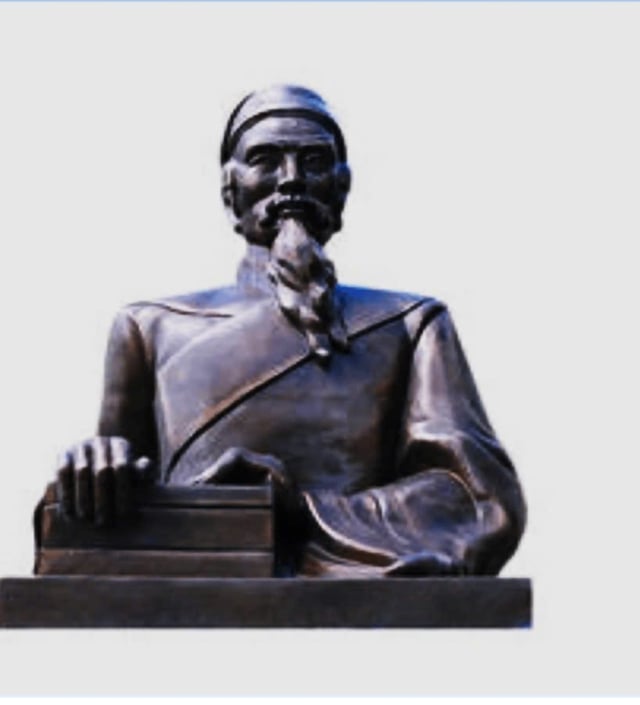
Statue of Le Quy Don at the Vietnam Literature Museum. Photo: Vietnam Literature Museum
Le Quy Don's greatest contribution to the preservation of medieval literary heritage is the massive compilation of Toan Viet Thi Luc (6 volumes) including 897 poems by 73 Vietnamese authors from the 10th to the 16th century. Such an impressive number shows the scholar's hard work and dedication in collecting the country's literary heritage, which was seriously lost. The work provides a comprehensive view of the development of Vietnamese Chinese poetry over a long period, and is an invaluable source of information to help researchers better understand the creative trends, poetic styles, and aesthetic thoughts of poets through each period.
In the fields of philosophy and literature, he has profound research works such as the Interpretation of the Book of Songs, the Commentary on the Book of Changes, and the Discussion of the Books. In addition to the above works, the books Dai Viet Thong Su, Bac Su Thong Luc, Quoc Trieu Tuc Bien ... contain valuable sources of documents for researchers of Vietnamese history and culture.
Le Quy Don was not only erudite in research but also left behind a remarkable legacy of poetic and literary works, mainly collected in Que Duong Thi Tap and Que Duong Van Tap . His poetry is considered to have "a pure character, natural and flowing words like a long river and ocean, reaching everywhere, truly the style of a great man" (Phan Huy Chu - Lich Trieu Hien Chuong Loai Chi ). Le Quy Don's literary works are full of lyricism, reflecting profound contemplations on life, world affairs, and personal emotions when going on a diplomatic mission or witnessing social upheavals, in addition to demonstrating a deep understanding of classics and history.
Que Duong Thi Tap (桂堂詩集) is an important collection, gathering Le Quy Don's works during his time as an official, mainly written in the Tang Dynasty's seven-word eight-line poem form, with skillful writing style and profound and profound meanings. The poems exchanged between the Dai Viet embassy that Le Quy Don participated in (as Deputy Ambassador) and the Korean embassy (Hong Khai Hy, Trieu Vinh Tien, Ly Huy Trung) in Yen Kinh (present-day Beijing) occupy an important position in this collection.
Encyclopedic knowledge, scientific thinking and respect for practice
Rereading Le Quy Don's works, it is not difficult to recognize his vast knowledge, covering many issues of economics, politics , and society. He not only had a deep understanding of the history and customs of the country, but also expressed his reformist ideology, wishing to bring benefits to the people through proposals on legislation, taxation, and encouragement of land reclamation.
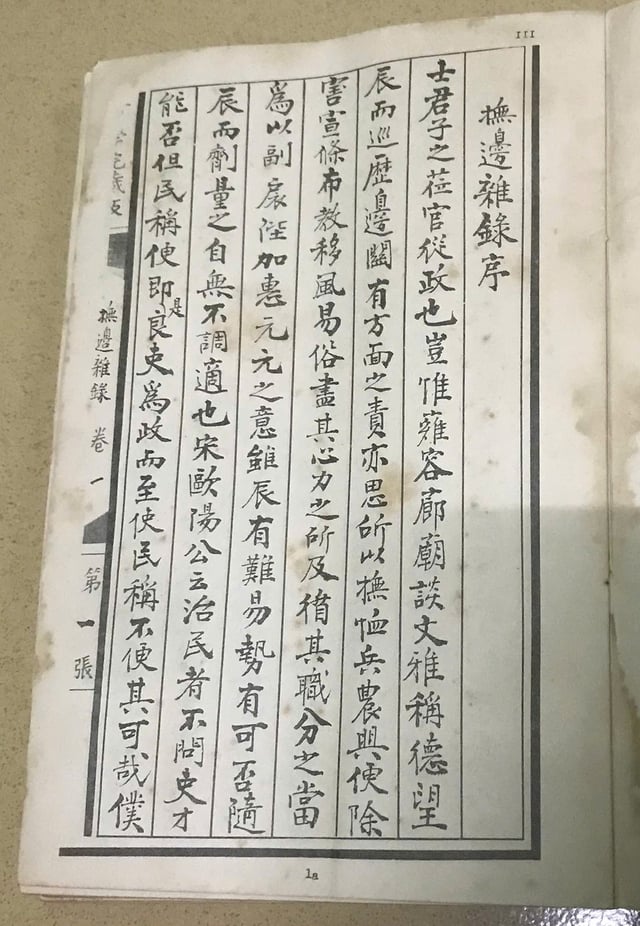
A page from the book Phu Bien Tap Luc. Photo: TL
In his research works, Le Quy Don always demonstrated systematic thinking, knowing how to synthesize, annotate and comment on ancient classics in a profound way. He was one of the pioneers in the ideology of "practical learning", emphasizing the importance of combining theory and practice, while criticizing the "reading and reciting" learning style, promoting the spirit of self-study and creativity.
Le Quy Don not only relied on book knowledge but also closely combined it with real life. He traveled a lot, saw a lot, heard a lot and recorded it meticulously, demonstrating the "positivist" method and the spirit of continuous learning. Thanks to his profound knowledge, covering many aspects, Le Quy Don became a shining example of the spirit of learning and research, a great scholar of the nation.
His research works cover almost all of Vietnam's natural and social knowledge of the 18th century. This is a treasure trove of invaluable documents on geography, history, economics, and culture, helping future generations better understand their ancestors in the past, while also contributing to demonstrating the shining value of Vietnam's culture. ( continued )
Source: https://thanhnien.vn/le-quy-don-danh-nhan-van-hoa-the-gioi-nha-bac-hoc-vi-dai-185251106230128468.htm



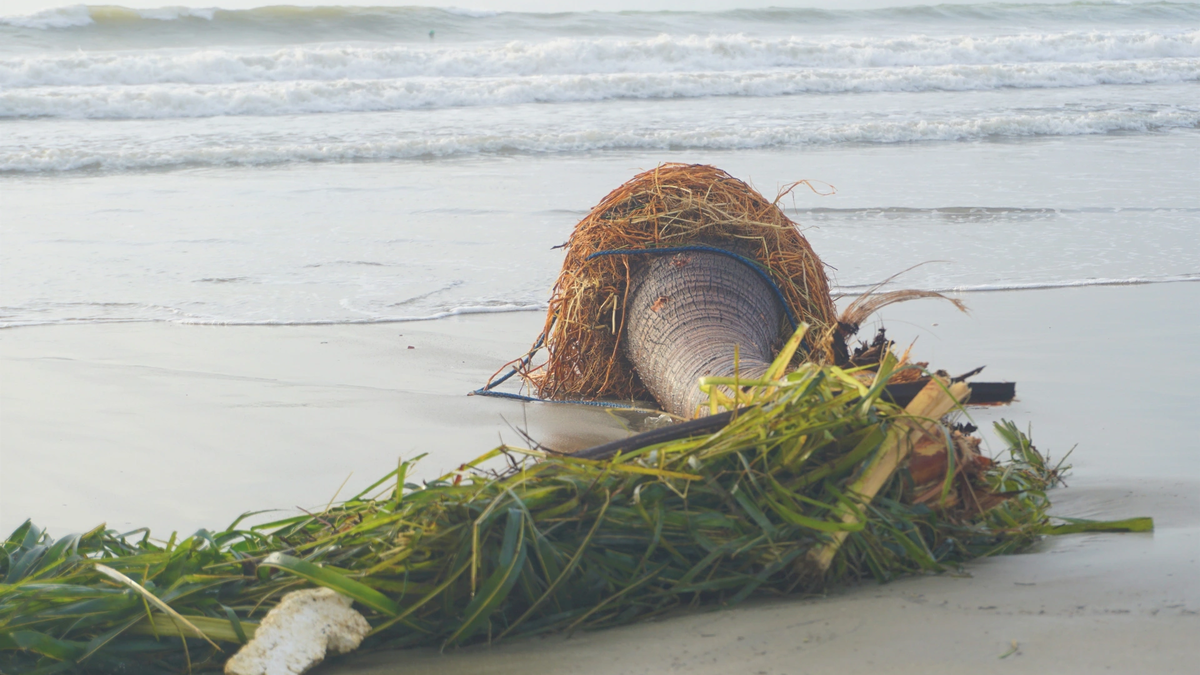


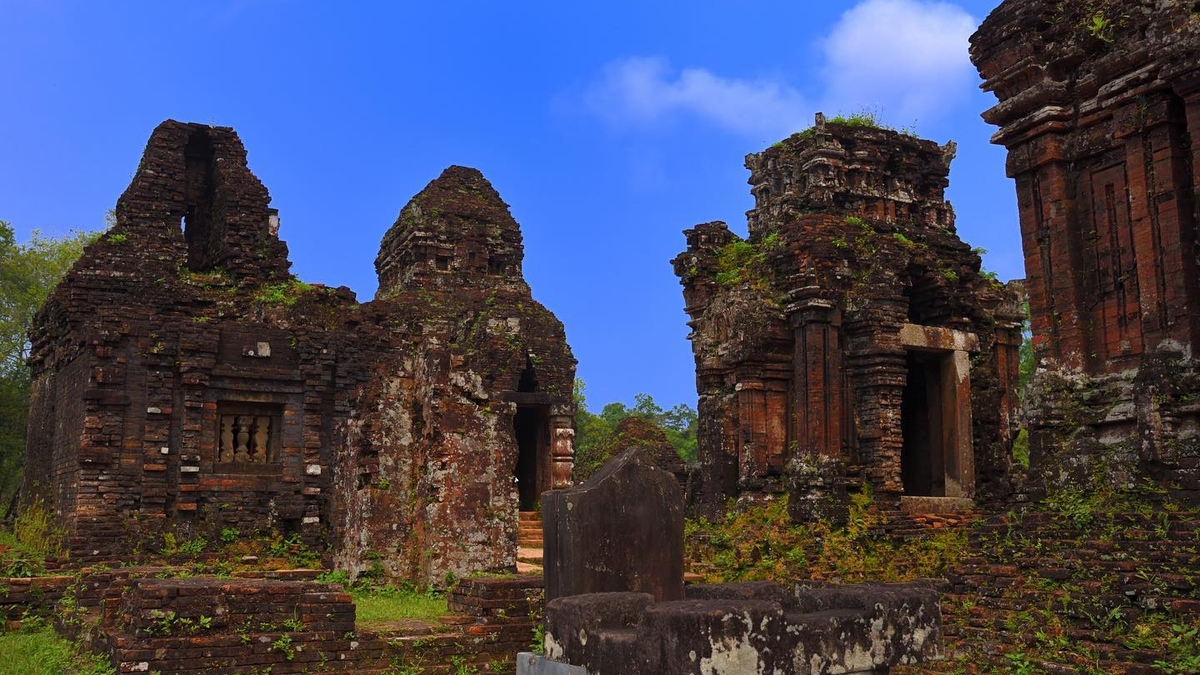
![[Photo] Da Nang: Hundreds of people join hands to clean up a vital tourist route after storm No. 13](https://vphoto.vietnam.vn/thumb/1200x675/vietnam/resource/IMAGE/2025/11/07/1762491638903_image-3-1353-jpg.webp)
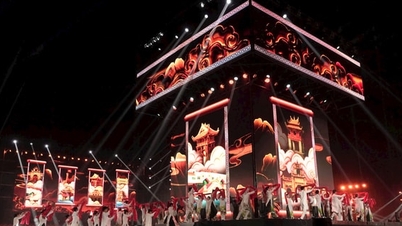

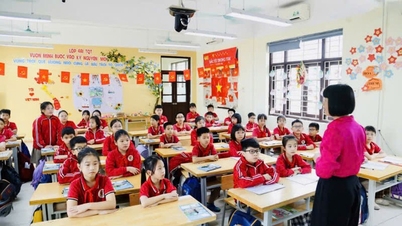

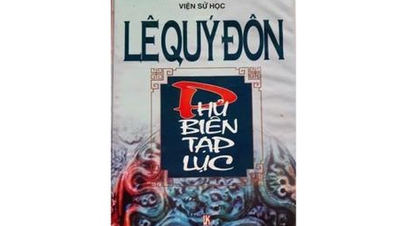
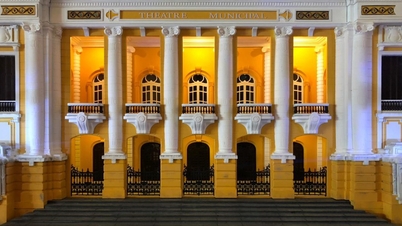


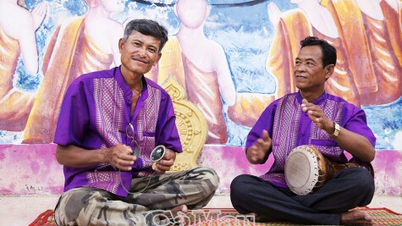

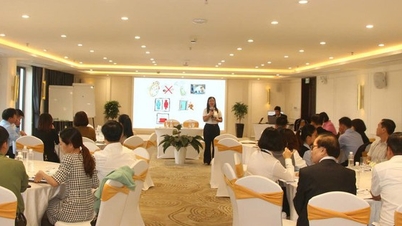


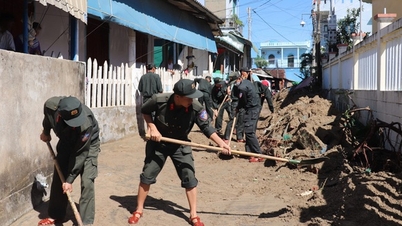
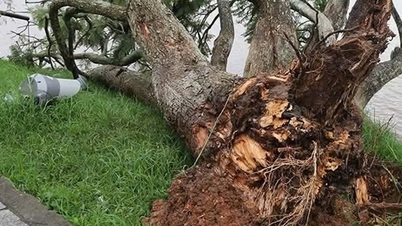

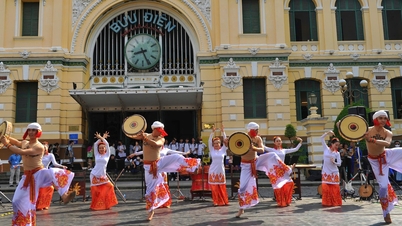
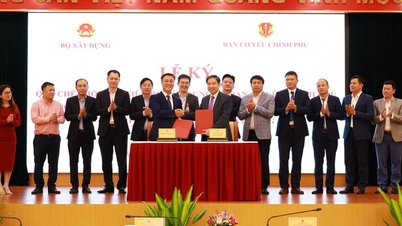













































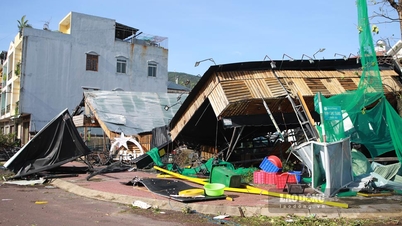









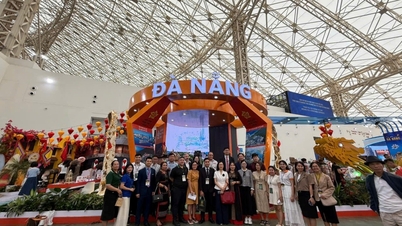


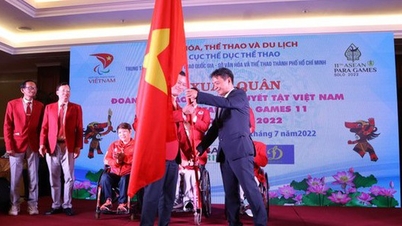
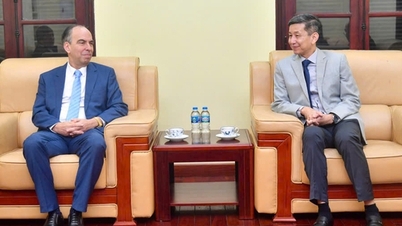
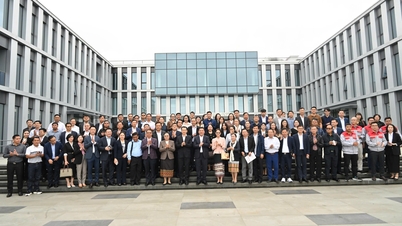




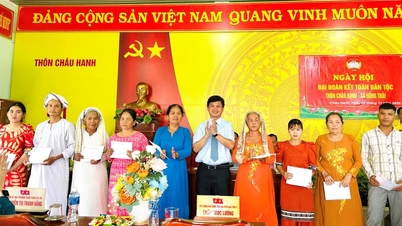
















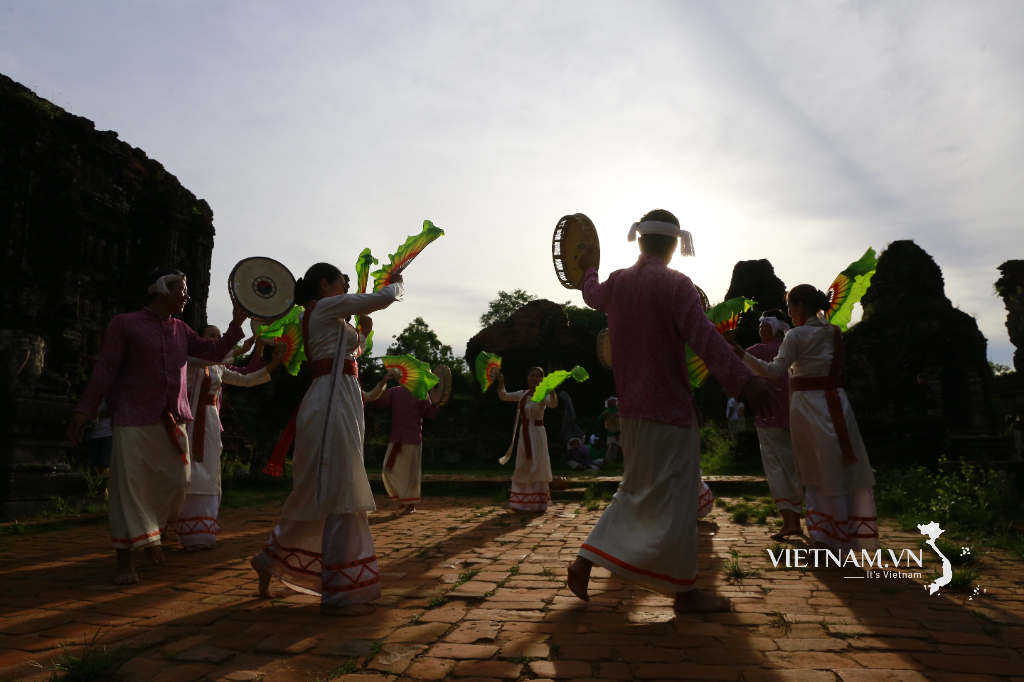



Comment (0)